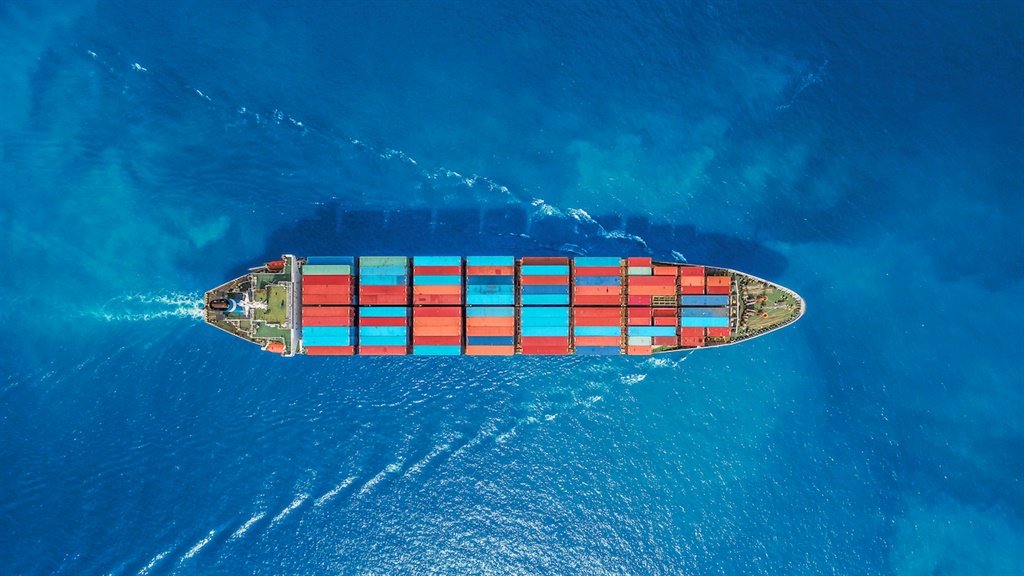There are fears that the United Arab Emirates will lack ambition as host of the Cop28 climate summit after it tried to weaken global shipping’s climate target last week.
According to four participants at the International Maritime Organisation (IMO) negotiations last week, the UAE was one of about a dozen countries which argued against more ambitious climate targets.
Nations like China, India and Brazil were joined by the UAE’s representative to the IMO Mohamed Khamis Saeed AlKaabi to oppose a 2050 zero emissions target and pushed for the target to be to “aim for net zero, preferably by mid-century, and to phase-out emissions before the end of the century”. He also opposed setting interim targets for 2030 and 2040 in the industry is responsible for 3% of global emissions.
A spokesperson for the UAE’s Cop28 presidency told reporters that IMO negotiations were outside of their scope but “the Cop28 UAE presidency sees a substantial and important role for industries, including shipping, to deliver action to keep 1.5 alive”.
Read also: World Bank urges Bangladesh to work with neighbours to cut pollution
In what appears to be a mild disapproval of their negotiator’s opposition to a 2030 target, the spokesperson added that the Cop28 presidency echoes the IPCC scientists’ finding that carbon emissions must fall 43% between 2019 and 2030.
Like international air travel, international shipping is not mentioned in the Paris Agreement and is not covered by most countries’ climate plans.
A broad group of countries, led by climate vulnerable Pacific nations, has called for the industry to set a zero emissions by 2050 target at its next marine environment protection committee meeting in July. However, a group that consisted mainly of big emerging economies opposed this at the last meeting in December, arguing that clean fuels are technologically unproven and are likely to cost more and those costs will be passed on to consumers.
Three other observers at the latest IMO’s meeting said the UAE was among the group opposing zero emissions by 2050 UAE and also opposed adding new 2030 and 2040 targets but was pushing for a weaker target.
Story was adapted from CHN.
